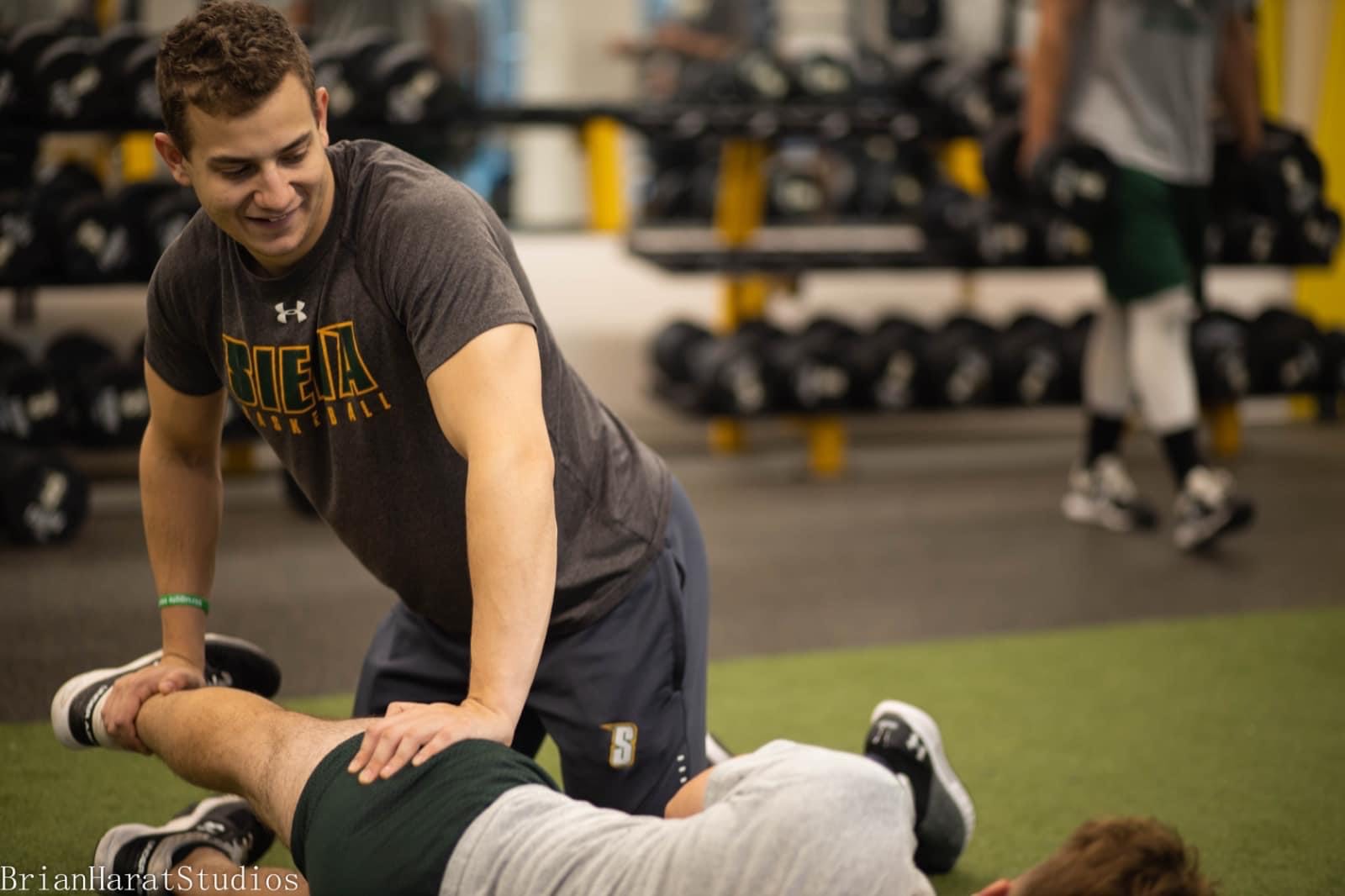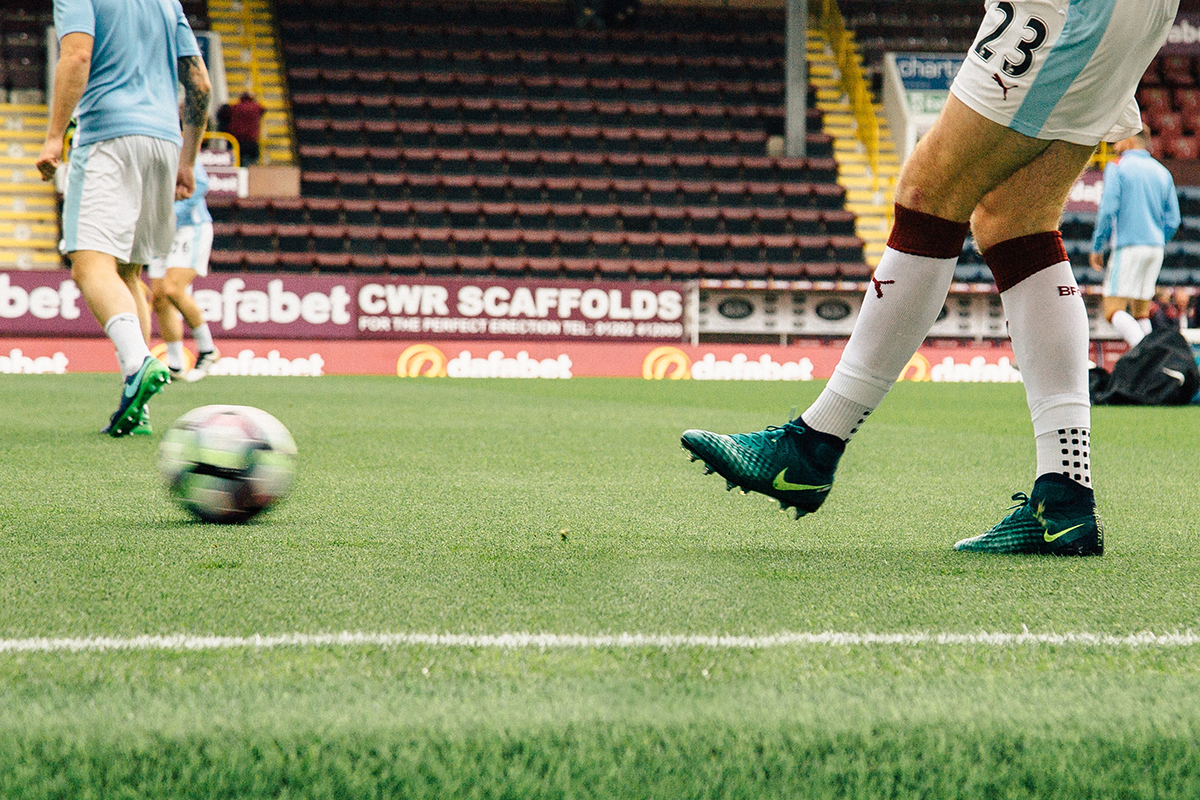OCD and Medication for Athletes
OCD and medication for athletes
Dr. Janet Chen is double board certified in psychiatry and child and adolescent
psychiatry by the American Board of Psychiatry and Neurology. She previously served
as the Chief of Child and Adolescent Ambulatory Services at New York Presbyterian
Hospital/Weill Cornell Medicine in Manhattan and the Medical Director of the Child
Psychiatry Access Network at UT Health McGovern Medical School in Houston,
Texas.
During her time on the faculty at both prominent academic universities, Dr. Chen
grew the collaborative care relationship between the Division of Child Psychiatry and
Department of Pediatrics by providing specialized training to other physicians. She
has presented at multiple national conferences and has been featured on television
and podcasts discussing parenting strategies. In addition, Dr. Janet Chen was
awarded a Zero Suicide Initiative grant from the Cardinal Health Foundation in
August 2020 to study prevention and treatment of suicide within the NYPH system.
Dr. Chen is the founder of her own private practice, Empire Behavioral Health. EBH
is a multidisciplinary practice that includes child psychiatry, adult psychiatry, and
therapy providers. Dr. Chen sees patients of all ages and uses an integrated approach
that incorporates psychotherapy and/or psychopharmacology. Empire Behavioral
Health is currently accepting new patients for virtual or in-person appointments at
the office located in West University Place.
The prevalence of anxiety has been estimated to be anywhere between 30–60%, and it has only increased since the COVID-19 pandemic across all age ranges. Obsessive compulsive disorder (OCD), which is a kind of anxiety that is characterized by recurring thoughts and repetitive behaviors or rituals, has a prevalence rate of about 1.2%–2.3% for adults.
OCD symptoms can be highly debilitating. For competitive athletes, there is a great deal of overlap between OCD and traits that are necessary for athletes to train and compete at high levels, including perfectionism, rituals, calorie obsession, body focus, and superstitions. This is not surprising because the sports culture is embedded in competition and pressure to succeed. There is both internal pressure and external pressure placed on the athletes. A study that was published in the American Journal of Psychiatry in 2017 looking at OCD among college athletes found on self report that OCD may be as common as 5.2% in that population, which is more than double the expected rates.
It is important to be vigilant about OCD in the athlete population given the level of distress it can cause and also because OCD is a treatable illness. It can be challenging for an athlete to admit to having a mental illness because it may be seen as a weakness that might limit their chances of winning. Also, coaches tend to put a lot of emphasis on mental toughness. It takes courage for an athlete to talk about a mental illness.
In the research on treatment of anxiety and OCD, there are usually three recommended treatment paths: therapy, medication, and the combined treatment of therapy and medication. Usually for mild levels of anxiety, treatment with therapy alone will be enough. The therapy approaches that are most often used for OCD are cognitive behavioral therapy (CBT) or exposure and response prevention (ERP).
Once the levels of anxiety reach moderate or severe levels, the recommended treatment is combination treatment with therapy and medication together. The combination treatment allows for quicker symptom relief compared to just therapy or just medication treatment. In addition, starting medication treatment for OCD can often allow for more success with the therapy treatment because it becomes easier to absorb the therapy skills and then apply them. At severe symptom levels, the OCD symptoms can be so overwhelming that it becomes impossible to implement any of the skills from therapy. For example, medication treatment can make it easier to practice the exposure work outside of a therapy session.
For athletes, there are special things to consider when thinking about starting a medication. The three main things to consider are: 1) side effects, 2) safety concerns, and 3) anti-doping policies.
It is important to consult with a doctor before starting or stopping medications. The decision to start on medication needs to be made thoughtfully and carefully because all medications come with side effects. The discussion with the physician will include a discussion about the risks versus benefit of being on the medication, the severity of the psychiatric symptoms, the expected positive effects of the medication, and how much the OCD or anxiety symptoms are affecting function.
Another part of the medication discussion should always include a comprehensive list of potential side effects. The level of physical performance of athletes should not be impaired by medication use or medication side effects. Common side effects to consider for athletes with regards to performance are things like sedation, weight gain, or imbalance. Prescribers of psychiatric medication for athletes tend to favor medications that are more energizing and cause less weight gain, sedation, tremor, and cardiac side effects.
Fortunately, there are many safe and well tolerated medications that can be used in the treatment of OCD. Typically the first-line medication used for treatment of OCD is going to be from the selective serotonin reuptake inhibitor (SSRI) class or the selective norepinephrine reuptake inhibitor class (SNRI). These medications are also known as antidepressant medications, but they also are great medications for use in treatment of anxiety. When the medication is first started, there should be frequent monitoring for side effects and for dose titration.
Organizations such as the U.S. Anti-Doping Agency (USADA), National Anti-Doping Organization (NADO), or the World Anti-Doping Agency (WADA) publish guidelines about allowed and prohibited medications and also about how to collect samples. Both over-the-counter and prescribed medications can be found on the prohibited medication lists. Some medications are prohibited only in certain dosages or certain routes of administration.
For competitive athletes, it is helpful to pay attention to what the rules are for traveling abroad because a medicine that may be allowed in one country may not be allowed in another country. Also, if you have to purchase medication in a foreign country, make sure to check the ingredients even if it looks similar to the medication you take at home. SSRI and SNRI antidepressants are not prohibited by the WADA.
While there is a lot of debate about this topic, there is no evidence to support that taking an SSRI/SNRI will improve athletic performance. Taking medication for OCD can help restore energy and motivation, improve mood, or stop the process of the obsessions and compulsions, but it is unlikely to provide benefits beyond the athlete’s normal baseline performance. In other words, SSRIs and SNRIs do not directly improve athletic performance. They can have indirect positive benefits on performance because of the intimate connection between our mental health and our physical health.
In conclusion, it is important to identify OCD in the athlete population, especially given the strong association between the high expectations of the sports culture and perfectionism. Once OCD has been diagnosed, there are successful treatments for OCD that include therapy and potentially also medication. The addition of medication treatment can often be very helpful in providing symptom relief to allow for an athlete to participate in his/her sport. For athletes, there are special considerations when choosing a medication to start on, so it will be important to work with a knowledgeable provider.



